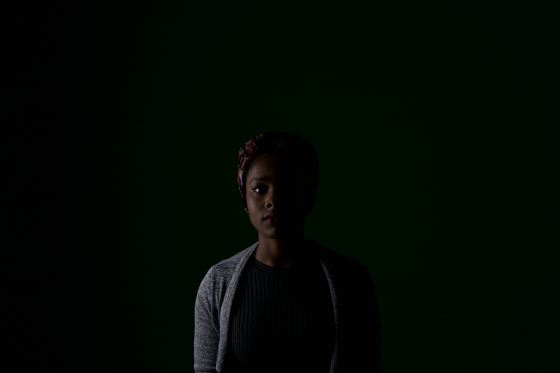November 2023
Tag: feminism
The New Symbolic and How to Get There: Understanding Cixous’ Celebration of Libidinal Difference
In this paper, Conor Jedam interrogates Hélène Cixous’ work regarding écriture féminine and women’s libidinal difference. He engages with criticisms that raise concern that Cixous appeals to a feminine essence and works within the dominant patriarchal discourse. Ultimately, he argues that Cixous’ work ought to be read as a cultural critique and strategy for the construction of a new symbolic, which necessarily begins within patriarchy. He also raises concern about the accessibility of écriture féminine, as well as its reliance on notions of masculinity and femininity.
From Binary to Singularity: Monique Wittig’s The Lesbian Body and Queer Identities
For Monique Wittig, the political fight against hetero-patriarchal oppression requires work in writing to destroy the gendered language and concepts which justify and perpetuate this material reality. In this essay, Nicholas Scott explores the implications of Wittig’s project for queer identities, recognising that such subjects are often constructed with the language of gender. Rejecting a view that posits this as a tension, he argues instead that contemporary conceptions of queer subjectivities can be understood as a demountable bridge between the world Wittig diagnoses, and the one she wishes to create.
Kristeva and Lacan: The Maternal Semiotic and the Ethics of Subjectivity
This essay concerns Kristeva’s philosophical debt to Lacan. I argue that Kristeva’s contribution to psychoanalysis does not involve the wholesale rejection of Lacanian theory. I place specific emphasis on her notion of the maternal semiotic and relate it to Lacan’s notion of the symbolic. I then investigate how this forms the basis for Kristeva’s ideas related to feminist ethics, before addressing criticisms directed towards her purported essentialism.
Choices inside Patriarchy; Patriarchy inside Choices
This essay delves into the complexities of mainstream modern feminism, specifically choice feminism, by conceptualising it as a reaction to the sex wars of the 1970s. I contrast what it means to be empowered as a woman with what it means to be liberated and explore how choice feminism inadvertently quashes the vital interaction and critical discussion generated by opposing feminist viewpoints such as these two.




